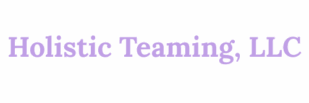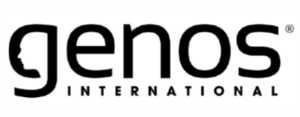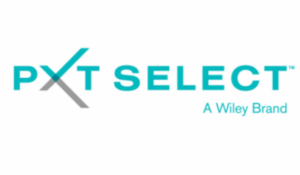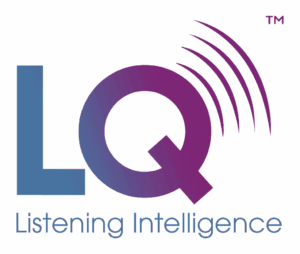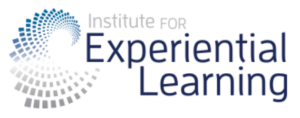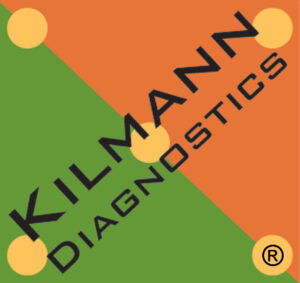Team and Individual Assessments
As part of the services and supports that I provide, teams and team leaders can complete any of the following assessments.
Team Diagnostic Survey (TDS)
For reasons that we can discuss, I believe this is one of the best validated team assessments available. This tool is completed by all members of the team as well as external stakeholders who engage with the team. Based on years of experience and extensive research, the results are organized into the Six Conditions for team effectiveness, the team’s performance on three key task processes, and the three components of team effectiveness. The TDS report offers a rich data set for team coaching as the team identifies it strengths, opportunities for improvement, and action steps for enhancing team performance. A “Pulse Check” can be completed at future checkpoints to assess progress and ongoing growth opportunities.

Team Development and Learning Inventory
This team-level assessment is completed by all members of the team as well as external stakeholders who engage with the team. It assesses the team on four dimensions of team interactions (task, non-task, power and influence, and openness), the traditional measures of team effectiveness (performance, member satisfaction, and psychological safety) and measures of the team’s innovation and implementation capacities.
Genos Emotional Cultural Index
Brief survey that measures how often individual members of a team experience various emotions at work, how often they expect to experience them, and how often they would like to experience them. The results can be discussed in a team or group meeting in order to enhance team cohesion, foster psychological safety, enhance employee satisfaction, and improve overall team performance. This can be an excellent approach for beginning team development experiences, introducing the emotional elements of teamwork into the coaching opportunities, and measuring change in the emotional culture over time
Genos Emotional Intelligence Survey
This survey measures six emotional intelligence competencies that summarize the behavioral manifestations of an individual’s emotional intelligence. Increased understanding about emotional intelligence skills and behaviors can have a direct impact on communication, collaboration, and connection. The survey is completed by the individual person (Self), and can also be completed by the individual’s colleagues (EI 180), and by the individual’s larger network (EI 360). For several reasons that we can discuss, I think this is the best EI assessment available
Profile XT
This is a rigorous, whole-person assessment that measures a person’s cognitive abilities and styles, behavioral preferences, and interests. It is very helpful for leadership development, individual professional growth, hiring and management decisions, and in-depth team development. Over 50,000 individuals worldwide have completed this assessment, making it among the best ipsative tools available.
ECHO Listening Profile
Brief assessment tool that identifies individuals’ habitual listening style, how they interpret information, and how their listening influences their communication and collaboration with others. Individual and composite team reports are available. In addition to using this tool for individual coaching, it is an exceptional tool to use in team coaching as team members learn about their own and each other’s listening approaches in the workplace.
Kolb Experiential Learning Profile (KELP)
Based on Kolb’s experiential learning theory, this short assessment helps individuals identify the way they learn from experience. Since learning is the primary process we use to navigate life, the results provide better self-awareness about learning preferences which can be applied in teamwork, decision-making, innovation, and leadership. Individual and composite team assessments are available.
Thomas-Kilmann Conflict Mode Instrument
Short tool that determines an individual’s typical approach to conflict situations, including avoiding, accommodating, competing, compromising, or collaborating. This tool can be utilized in individual coaching, and it is an excellent addition to the team coaching experience as team members learn about their own and each other’s preferred approach to conflict and how the team can change how they respond to conflict in order to make the challenging situation a growth opportunity.

Learning Needs Inventory (LNI)
Based on the learning needs theory of motivation, this short assessment tool measures an individual’s learning needs during teamwork in order to create a personal profile of the individual’s learning flexibility as well as their innovative and execution capacities. Through the use of this tool, individuals can develop new skills and behaviors related to learning flexibility in the workplace.
Please reach out to discuss which assessment(s) would be the best for your unique situation and the associated costs
Proudly powered by WordPress
Pages
Social
